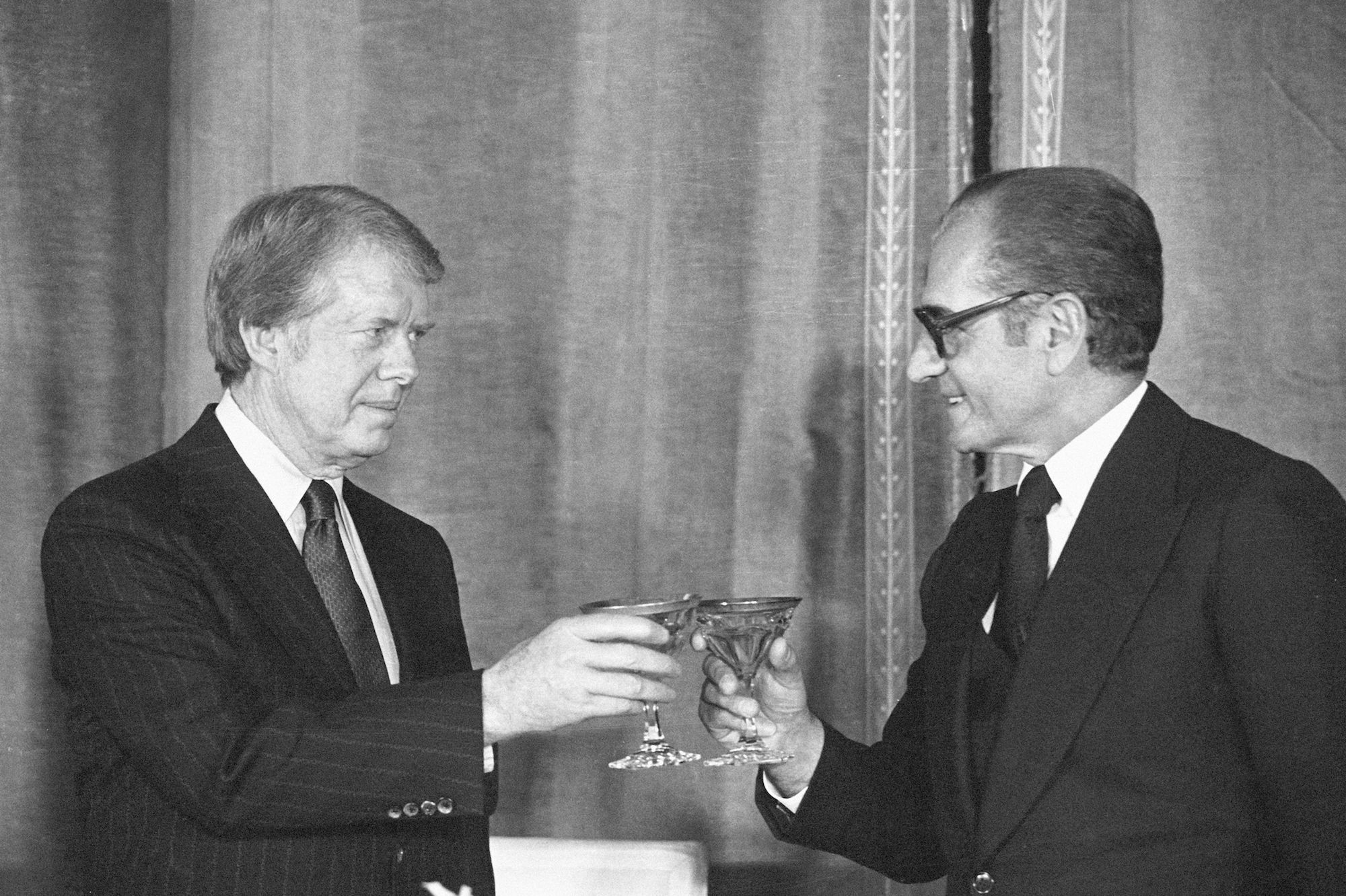Political cartoonist Ted Rall (from the Left) and Scott Stantis (from the Right) discuss the week in politics and current events and culture. This week, the war between Israel and Hamas in the Gaza Strip and Birmingham, Alabama’s experiment with a universal basic income.
In the first segment of this week’s DMZ America podcast, Ted and Scott dig deeper than ever before into the domestic and international implications of the war in Gaza. The two cartoonists delve into Israel’s right to exist, Israel’s treatment of Palestinians in administrative detention, hostage exchanges, and whether there is a future two-state solution or whether a future single Republic of Palestine could reasonably accommodate members of all ethnic groups.
In the second part of the DMZ America podcast this week, Scott explains an experiment in his hometown of Birmingham, Alabama in which single women are paid a universal basic income of $385 per month. The mayor says he wants to renew it because it’s doing well. Should a universal basic income be adopted by the United States? Ted and Scott talk about the economic and cultural risks and rewards of giving people a paycheck without having to work, with an emphasis on the fact that automation and artificial intelligence may make it so that society has no choice.
Watch the Video Version of the DMZ America Podcast:
DMZ America Podcast Ep 126 Sec 1: Gaza — Left vs. Right
DMZ America Podcast Ep 126 Sec 2: Alabama’s Basic Universal Income


 The COVID-19 medical and economic crisis remains mostly unaddressed by both the Republican and Democratic parties. They have only passed one piece of legislation that significantly helps workers:
The COVID-19 medical and economic crisis remains mostly unaddressed by both the Republican and Democratic parties. They have only passed one piece of legislation that significantly helps workers: